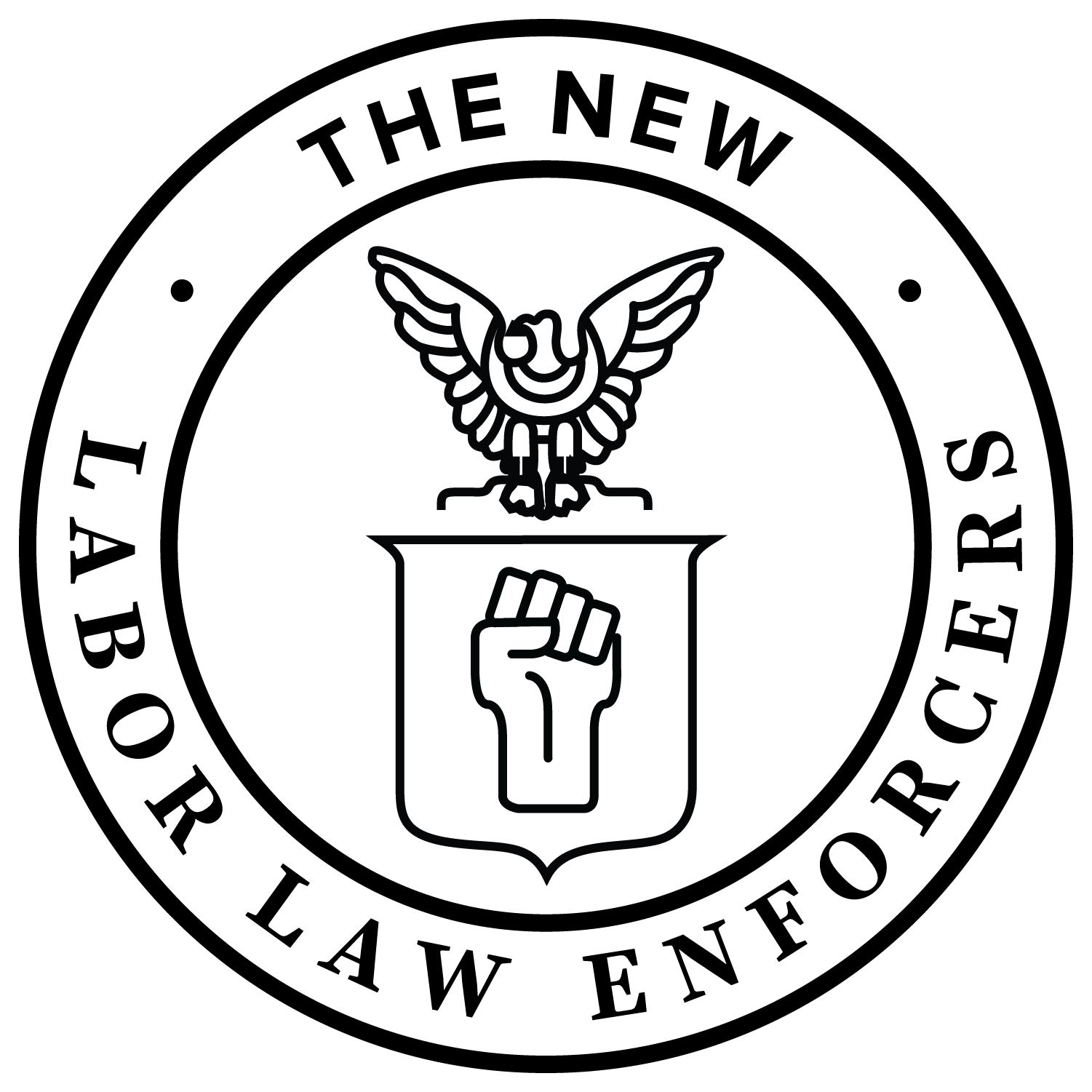State attorney general addresses extreme underpayment of immigrant detainees: A snapshot of state and local enforcement actions to protect workers
Series: The New Labor Law Enforcers

State attorneys general, district attorneys, and localities like cities are increasingly key players in protecting workers’ rights. This new series by Terri Gerstein provides snapshots of enforcement and other actions to protect workers’ rights by these new and emerging labor law enforcers at the state and local level. Gerstein is an EPI senior fellow and director of the state and local enforcement project at the Harvard Labor and Worklife Program, who has chronicled the growing influence of these new enforcers.
Recent cases brought by state and local enforcers address a host of violations. These include extreme underpayment of immigrant detainees; failure to pay overtime or provide paid sick leave to home health aides; unsafe working conditions at Amazon; failure to provide hotel workers with advance notice of a jobsite closure; and underpayment of construction workers on a public university building. State and local enforcers also weighed in on federal policy issues, sending a letter to the Department of Homeland Security (DHS) about how DHS enforcement could facilitate labor protections, and announcing the resolution of a lawsuit challenging a Trump-era rule weakening tipped workers’ rights.
Here’s a snapshot of some enforcement actions across the country:
Protecting the labor rights of immigrant detainees in Washington: The Washington State Attorney General’s Office in late October obtained a unanimous federal jury verdict determining that GEO Group, a for-profit prison company, violated state minimum wage laws by paying immigrant detainees as little as $1/day. The company owes workers over $17 million in back wages, plus $5.9 million in unjust enrichment restitution, for a total exceeding $23 million.
Ensuring paid sick leave and overtime pay for 12,000 home health aides in New York: On November 16, the New York State Attorney General and the New York City Department of Consumer and Worker Protection jointly announced an agreement resulting in recovery of up to $18 million for 12,000 home health aides. The case involved two large home health agencies that underpaid workers and failed to provide required paid sick leave. The agencies were jointly owned and operated as a single enterprise but failed to combine all hours worked (for both agencies) for purposes of calculating overtime pay.
Ensuring that Amazon notifies workers and public health agencies of COVID-19 cases in California: The California State Attorney General on November 15 announced a stipulated judgment with Amazon, based on the AG’s complaint alleging that the company failed to notify warehouse workers and local health agencies of COVID-19 case numbers. The judgment requires Amazon to modify its notifications to workers and local health agencies, submit to monitoring about these practices, and pay $500,000.
Recovering restitution for New York hotel workers laid off without required warning: On October 27, the New York State Attorney General announced the recovery of $2.7 million for 250 Westchester hotel workers who were laid off without the notice required by the state’s Worker Adjustment and Retaining Act (WARN Act), which requires employers with 50 or more employees to give 90 days of notice to workers and to the state labor department before a mass layoff.
Criminally prosecuting wage theft in Maryland: On November 5, the Maryland Attorney General announced the guilty plea of a labor broker in the office’s first criminal labor case. Workers performed public construction on a state university building and the payroll records appeared to be compliant with prevailing wage laws. But in reality, workers were required to kick back money to the labor broker each week. (Prevailing wage laws require contractors on government construction projects to pay workers on those projects at a rate higher than minimum wage, specifically, the wage and benefits that are commonly paid in the region for a given type of work. These laws ensure that contractors cannot gain an unfair advantage in bidding for government contracts by paying sub-par wages.)
Advocating for workers in federal policy: On November 15, a coalition of 11 attorneys general and eight local labor enforcement agencies and prosecutors sent a letter to the Department of Homeland Security (DHS) supporting the agency’s plan to change its approach to worksite enforcement to support labor rights, and recommending changes to DHS policies and practices to facilitate the ability of state and local labor officials to enforce workplace laws. The letter was in response to a recent DHS memorandum to Immigration and Customs Enforcement (ICE), Customs and Border Protection (CBP), and U.S. Citizenship and Immigration Services (USCIS) calling on them to adopt practices and policies to deliver more severe consequences to exploitative employers and increase workers’ willingness to report violations of worker protection laws.
Lastly, on November 16, the attorneys general of Pennsylvania and Illinois announced the stipulated dismissal of a lawsuit filed by a multi-state attorney general coalition against the U.S. Department of Labor challenging a Trump-era rule that would have allowed employers to pay workers a lower “tipped” minimum wage for significant time spent doing non-tipped work. A new Biden administration regulation adopts the 80/20 rule, under which workers can be paid the tipped minimum wage only for tasks that directly support tipped work and take up no more than 20% of a worker’s time. In other words, the new regulation allows payment of the lower tipped wage only when the vast majority of their work generates tips. The new regulation removes the need for the attorney general lawsuit challenging the prior rule.
Enjoyed this post?
Sign up for EPI's newsletter so you never miss our research and insights on ways to make the economy work better for everyone.